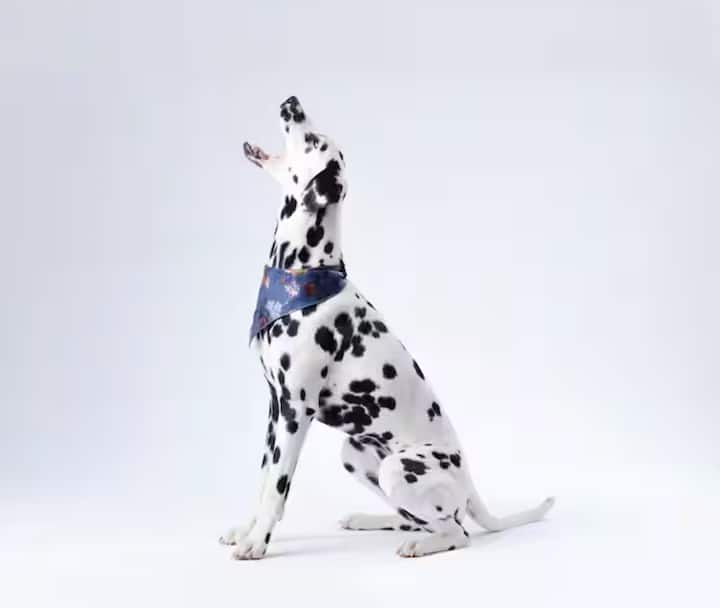
Often people think that if a dog is wagging its tail, it means that it is expressing its happiness. Whereas, if it is wagging its tail faster, it means that it is expressing more happiness.

But you will be surprised to know that nothing like this happens. Actually, if a dog is wagging its tail, then its methods are different. Sometimes he turns his head to one side and wags his tail, and sometimes he turns his back a little and wags his tail.

Now you might be wondering why we are saying this, so let us tell you that you might be surprised to know but a dog’s emotions are determined by the way it wags its tail.

According to recent research, experts believe that if a dog is wagging its tail to the right, it means it is expressing happiness, but if it is wagging its tail to the left, it means it is either happy or scared or in trouble.

Experts also say that when dogs were raised, they were expected to do certain things, while they were praised when they wagged their tails. This led to dogs wagging their tails. However, research on this is still ongoing.
 look news india
look news india